Showrunner Chris Chibnall has been playing a long game. In his second ever episode in charge of Doctor Who, season 11’s “The Ghost Monument,” we had our first namecheck of the Timeless Child, something hidden deep in the Doctor’s memories. In “Spyfall: Part Two,” the mystery was brought to the fore, with the promise that we’d find out the truth by the end of the season. Well, season 12’s grand finale – titled “The Timeless Children” – is now here, complete with all the answers, as promised. Oh boy, where to begin?
Let’s be clear, “Timeless Children” is less of a story and more of a giant infodump. What stops it from being a drag, though, is the fact that the information it’s dumping on us is so monumental, so revolutionary, redefining our understanding of the Doctor and this show’s mythology as it goes along, that we’re constantly engaged. We can argue about the nature of these revelations and whether we needed any of them at all, but this is about the third time this year that Whovians have been left with their jaws dragging on their floor all episode, so you have to give Chibnall that.
What this does mean is that Jodie Whittaker is given little to do other than react to exposition, though she obviously does this brilliantly. It’s fascinating to see the Doctor so shaken and lost – the moment she lashes out at the Master in anger is a highlight. In contrast, this is an excellent showcase for Sacha Dhawan’s talents, as this is his best episode as the Master so far. As hinted at in his earlier outings, it becomes clear that his mania belies a self-destructive, suicidal urge, so broken is he by the truth of the Timeless Child and how this changes his sense of self.
So, who and what is the Timeless Child? Well, as we had all worked out, pretty much from “The Ghost Monument,” they are, of course, the Doctor herself. And, as the introduction of the Ruth Doctor (it was wonderful to see Jo Martin again – more from her in season 13, please!) told us in “Fugitive of the Judoon,” it’s all to do with the Doctor having more regenerations than we previously realized. And yet, despite the fact that we put the some of the piece together already, it goes much bigger than we thought.
Essentially, the Doctor is not the last of the Time Lords – she’s the first of the Time Lords. A foundling who appeared from another universe, with the unique ability to regenerate, she’s the key to how Gallifreyans became the all-powerful beings we know them as. Going into this episode, there was a fear that Chibnall could go too far in clearing up the Doctor’s origins. In some ways, we could say he does, but the fact that the Doctor now has more lives than we can count and was originally a one-of-a-kind being from a different universe only increases the meaning of the title: we can definitely still ask “Doctor who?”
In fact, Chibnall tries his best to tie these revelations into the wider tapestry of Doctor Who, with that thrilling montage that featured various clips from across the show’s history, all set to the theme tune itself. He even reminds us that he’s not pulling all this out of nowhere, by including that key scene from 1975’s “The Brain of Morbius” which hints at other Doctors before the first. Note that no mention is made of the Doctor explicitly stating – with medical scans confirming it – that he’s half-human in 1996’s Doctor Who: The Movie, though.
Despite all this focus on the past, the three companions do get some material to work with in the present that helps to give them some sort of arc this season. Ryan lobbing a grenade at the Cybermen is a not-so-subtle callback to his conquering his dyspraxia by playing basketball in the season premiere. More satisfying though is Yaz and Graham’s scene, with the latter telling her she’s the best person he knows. This hits extra hard considering we know she had a difficult time as a teen (as revealed in “Can You Hear Me?”). Obviously, these would’ve been even more fulfilling if there had been additional character moments in between but hey, we’ve learned to appreciate what little we get from the fam.
The weakest element of this episode, the moment that’s the hardest to defend, however, is the resolution, which sees the Doctor allowing Bo Sharmus to use the Death Particle to destroy all organic life on Gallifrey, defeating the threat of the Cyber-Time Lords. Many finales have culminated in the Doctor being faced with having to break their code to save the day – then, invariably, they – or their companions – will find another way out of it. In “Timeless Child,” the big, clever twist is… the Doctor lets someone else kill themselves and blow everyone up so she doesn’t get blood on her hands. It’s a disappointingly lazy ending. Surely after suffering an identity crisis, this was the perfect opportunity for her to prove she’s still the Doctor by doing what the Doctor does best: saving life, not ending it.
All in all, though, “The Timeless Children” is a strong end to a season that’s consistently surprised us. Some of its impact may be lost on repeated viewings, when we know the twists going in, so we’ll have to see if it’s truly timeless, but what is for certain is that it’ll no doubt go down as one of the most significant episodes in Doctor Who‘s history and the journey of the Doctor.

















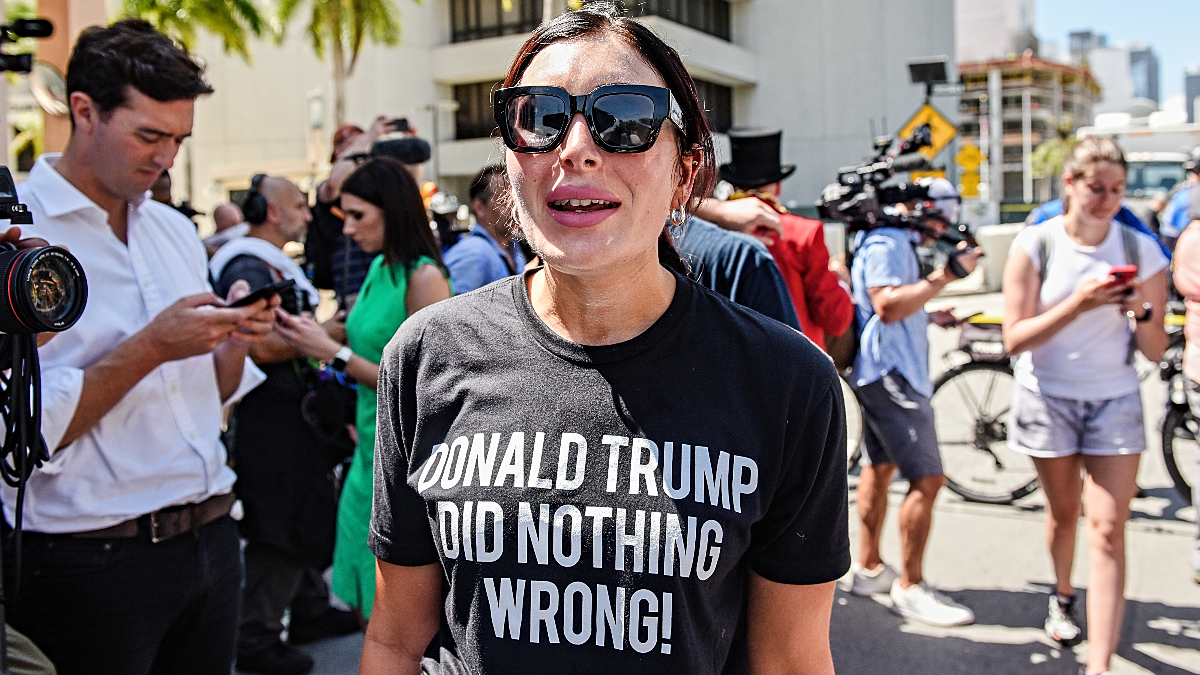
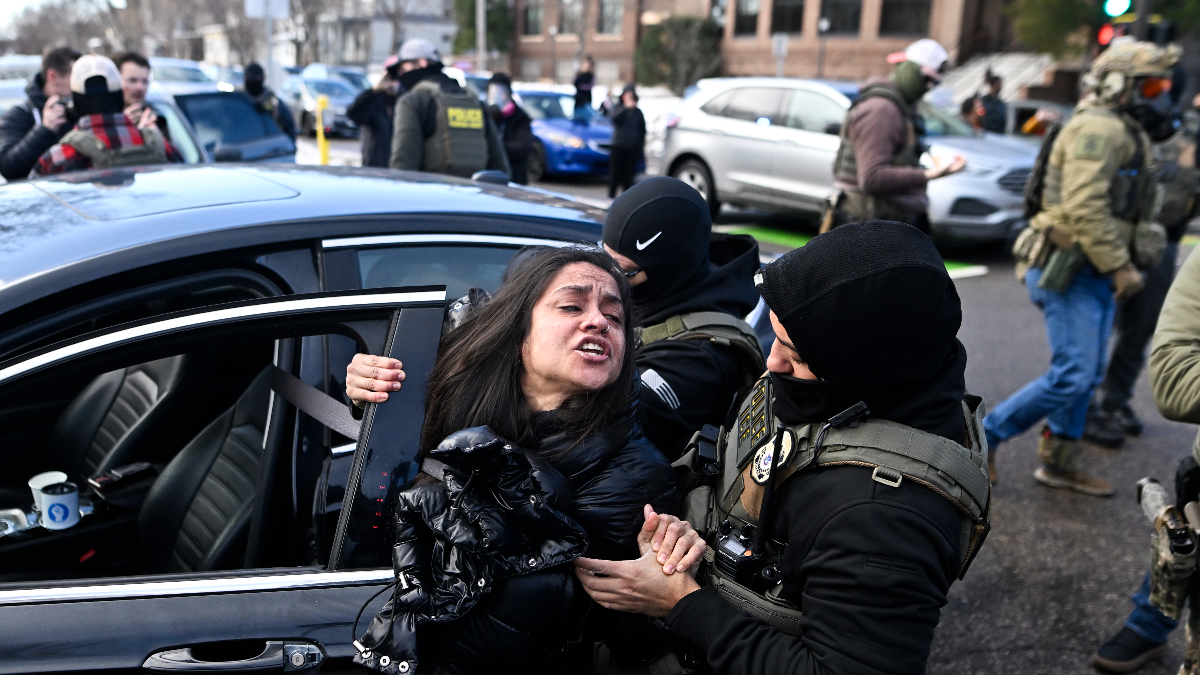
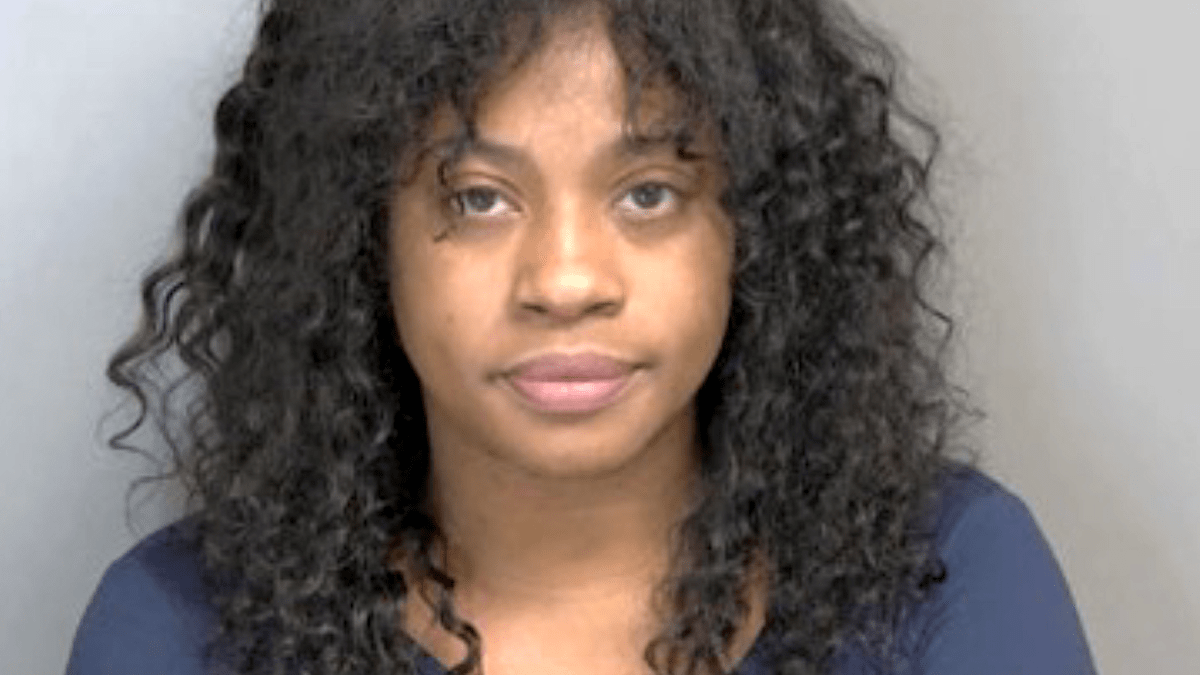
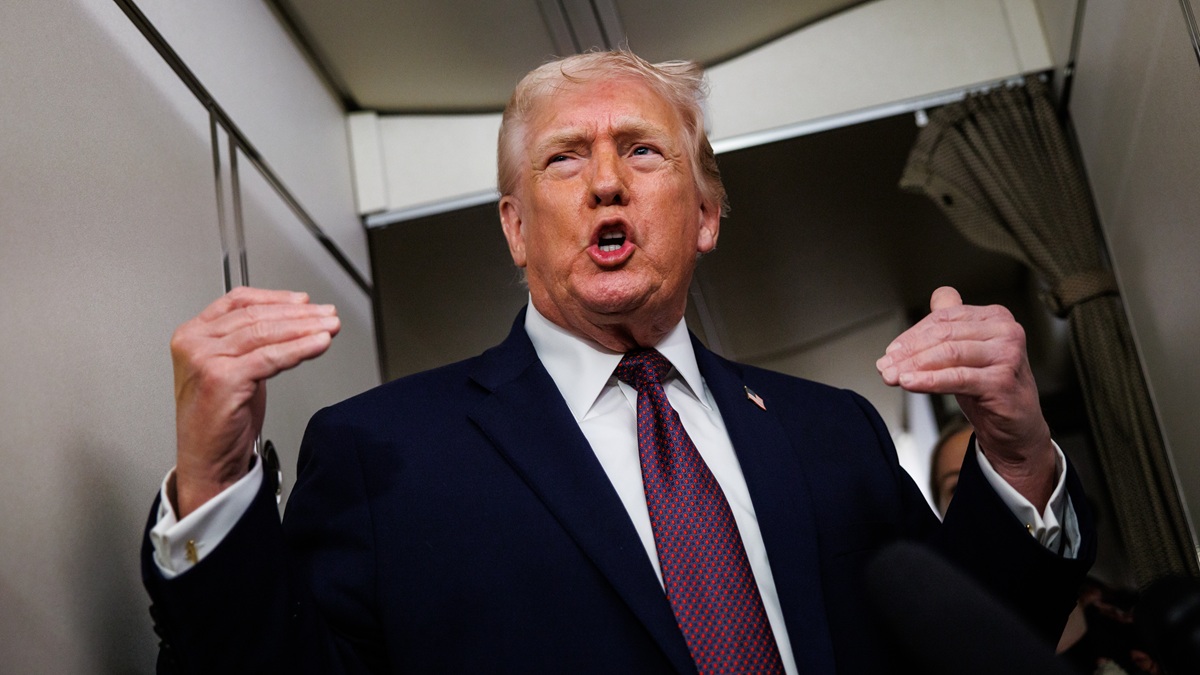
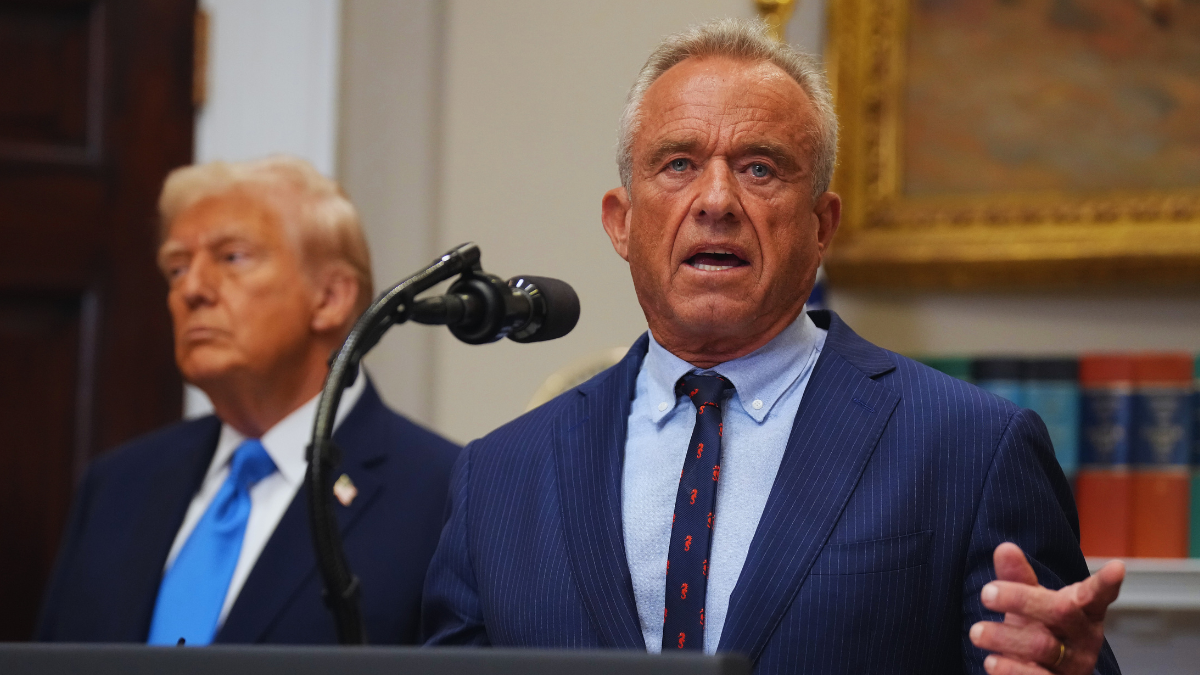

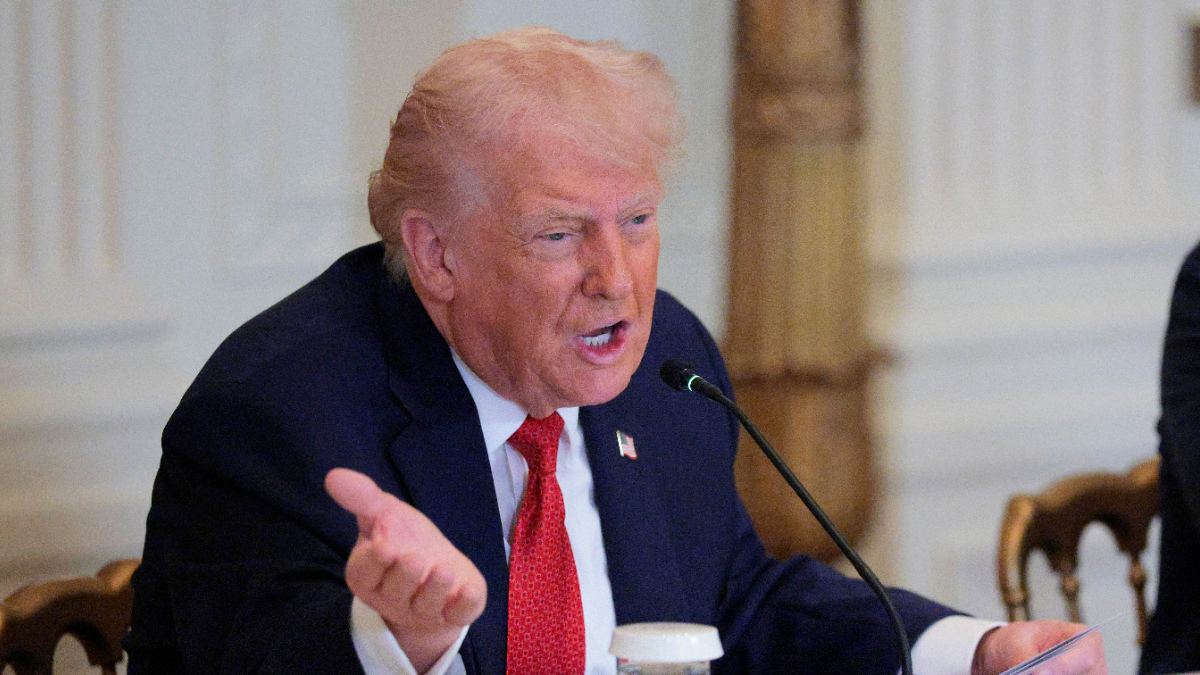

Published: Mar 1, 2020 06:10 pm